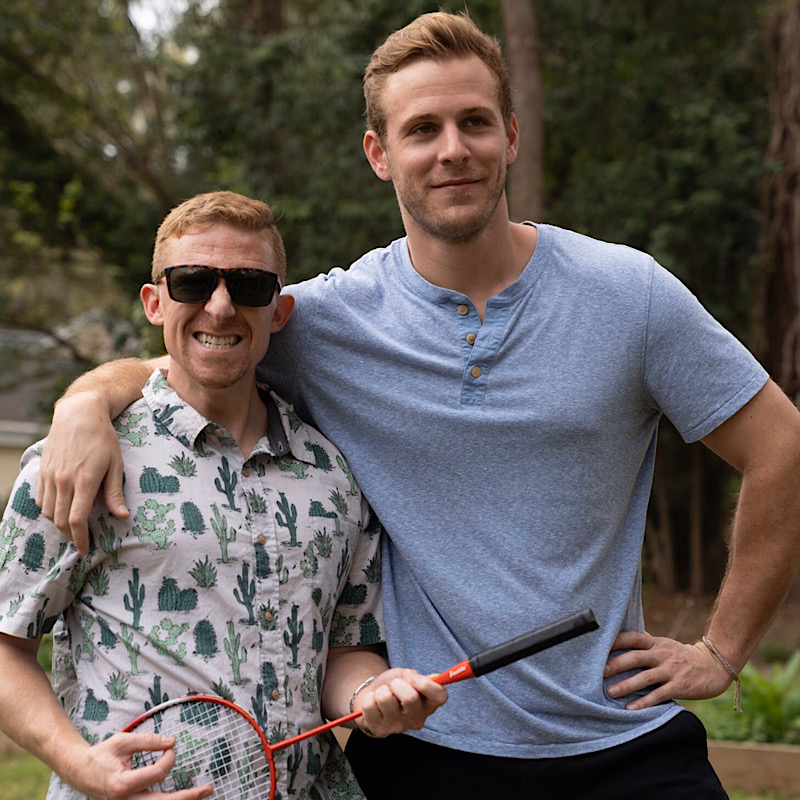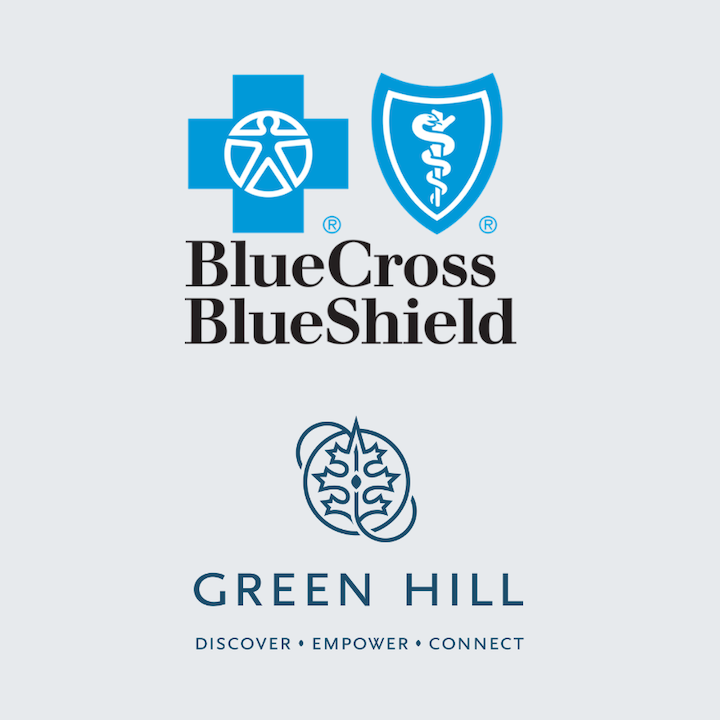
By Jake Summers, Development Director and Partner, Green Hill
One of the most difficult struggles in early recovery is acceptance of the fact that healing and growth are not linear. It feels intuitive to believe that life will be easier at the one year milestone in sobriety than at the one week point. While these large trends hold over time, it certainly doesn’t mean that for each week in recovery, life gets better by a matching amount. Dealing with setbacks, including relapse, are an extremely important ingredient in long-term sobriety. The “one day at a time” mindset is a valuable tool in coping with the up and down periods in recovery.
Often in 12-step meetings, I hear a person with 12, 18, or even 30 years sober sharing about how they were navigating their “toughest year in sobriety.” Life happens, to all of us. Painful events will happen to us in recovery. We may lose jobs or loved ones, become ill, or experience negative circumstances entirely out of our control. We cannot plan for life to go our way, but we can plan for how we will react when things don’t. Staying grounded in the reality that recovery isn’t linear and listening to those who have continued to stay sober under any circumstances are great places to start.
Most recovery stories are divided into two parts. War with a substance, and a life without a substance. We enter an inpatient program or our first 12-step meeting because we have lost a battle with a substance. Our entire focus in early sobriety is to stop using. Fighting cravings, resisting urges, and controlling our surroundings is a full time job. While we want to get back into school, or rebuild our family system, those tend to take a back seat to the chief goal of just not using.
As we move forward in recovery, eventually we reach an inflection point. The war turns into a scuffle which turns into an eventual passing thought. This is a promise of 12-step programs – at some point we still stop fighting drugs and alcohol. When this happens, we begin to focus on the rest of our lives. We begin to make amends, pursue dreams, become involved in the community.
The promise of recovery is not to make life easy; it is to give us a new set of tools to cope with life’s difficulties that doesn’t include drugs and alcohol. We have to learn how to have a meaningful life without substances.

It is also important to think through the consequences of a return to use. We often view substances as our escape from the reality of a situation, but the truth is they only make life more complicated. For example, if we lose out on a job opportunity, and return to using as a way to cope, we will likely become less employable and less desirable for better positions with each day we use. Drinking or using magnifies our problems, and reduces our ability to solve them.
Relapse is probably the biggest setback that can happen in recovery, although it is by no means necessary. While a relapse does mean that time in recovery is starting over, we can zoom out and view it as an event in a life of sobriety. A return to use can serve as an extremely valuable and humbling wake-up call or a reminder of why we stopped using in the first place. Lessons learned, connections in the community, and an understanding of the condition will all carry over from before a relapse. All progress does not have to be lost during a relapse, and it is a setback many have used as a catalyst for another phase of personal growth.
Extended care programs like Green Hill are designed to simultaneously build agency and self efficacy in clients, while providing them enough structure and clinical support to navigate challenging periods. As clients progress through the program, they become more confident and independent. Confidence and independence leads to expanding life experience, which adds complexity. The cycle continues! Feel better, pursue more opportunities, process the lessons learned when things do not go according to plan. Once we go through this cycle with support, we feel more confident that most of our ‘problems’ can be solved by the same solutions.
This cycle is accounted for in our phased system at Green Hill. Phase 4, the last in our clinical curriculum, is designed to empower residents to leave treatment feeling comfortable with their progress and confident in their ability to pursue a meaningful life . Our program allows residents to make mistakes and process them. The transition back to real life is designed to be a slow one.

Green Hill utilizes the Community Reinforcement Approach (CRA) to substance use treatment. In this framework, clients redevelop their community to provide positive reinforcement for healthy behaviors in recovery. Surrounding oneself with a supportive community that rewards you for honestly evaluating your life and for vocalizing negative feelings is an important part of the foundational work done at Green Hill. Admitting when things are difficult and seeking support from others in recovery is a critical element of the communal approach to sobriety.
The idea that clients can go to an inpatient facility living in a fully restricted environment and transition immediately back to normal life with little formal support is based on the assumption that recovery is linear. We know that recovery is more complex, and, for many, takes a winding path. At Green Hill, we have structured our curriculum accordingly. Recovery lasts a lifetime, and a foundation of recovery should be built slowly, deliberately, and for the long term.
My life in recovery has certainly not been linear, but it has been fulfilling beyond imagination. I have had my share of highs and lows, but no matter what happens I know I have the tools to be okay with it. If you are on the fence about starting your journey in recovery you are not alone, but you can join any time!










